This project, located in Coastal BC, has been developed as Improved Forest Management (IFM) project listed under the BC Forest Carbon Offset Protocol (FCOP, 2011), generating emissions reductions by managing and protecting forest areas and increasing the carbon stocks as the forest re-grows or continues to grow.
This project reduces emissions through changes in land-use legislation that protects areas in Canada’s Great Bear Forest previously designated, sanctioned, or approved for commercial logging, road building, forestry operations and reducing harvest levels across the project area. This is Canada’s first indigenous-led carbon offset program and is the largest forest carbon project in the world.
The project area encompasses 1.5 million ha of land and fresh water and over 780,000 ha of productive forest land. As a result of the project activity, a total of 218,000 hectares are now protected in either Conservancies or Biodiversity, Mining and Tourism Areas (BMTAs).
BC104000000011319
BC Carbon Registry – Active
British Columbia, Canada
218,000 Hectares

Improved Forest Management
465,841 tonnes CO2

01/04/2009 – 31/12/2033
First Nation led conservation and sustainable livelihoods
The project provides biodiversity benefits by protecting degraded ecosystems together with sustainable co-benefits for the local communities and includes, in addition to carbon sequestration:
ENVIRONMENT
The project area is home to the rare white Spirit Bear, so carbon offsets from this project will go to protecting the flora and fauna that live in this coastal rainforest. In addition, ecosystem-based management strategies within the project area will establish a system of protected areas and reserves at multiple scales, and seeks to protect endangered, rare and representative examples of regional ecosystems; sustain sufficient habitat to support viable populations of all native species and protect important cultural heritage values.
SUSTAINABLE DEVELOPMENT
Conservation and Economic Development Funds have been created as part of the project dedicated to empowering the First Nations in the Central and North Coasts and Haida Gwaii in achieving healthy and vibrant economies and communities in partnership with the long term protection of their homelands for the benefit of future generations. They are designed to support a global model in which conservation becomes – an inherent part of healthy economies, environments and cultures.
COMMUNITY ECONOMIC EMPOWERMENT
Revenues from this Project will be distributed within the local communities and contribute directly to the development of a “Conservation Economy” that includes socio-economic planning aimed at providing sustainable livelihoods and opportunities.

Verification: This project is verified by the Verified Carbon Standard



GOAL 12 – Responsible Consumption & Production

GOAL 15- Life on Land

GOAL 13: Climate Action

GOAL 14 – Life Below Water
One Tribe enables businesses to be more sustainable by funding rainforest protection projects that store carbon from being released into the atmosphere. By enabling customers to protect rainforest when they shop online we also empowers consumers to drive positive change
One Tribe is a Climate Action Platform enabling businesses and their customers to make a positive environmental impact.



Eric currently works as an independent consultant at the intersection of nature and climate, focused on catalysing market and non-market solutions to drive the just transition.
He previously was Head of Product at Earthshot Labs, supporting nature conservation and restoration projects across the global south secure project finance. Prior to Earthshot Labs, Eric led nature-based carbon project development for Gorongosa National Park in Mozambique and founded the Carbon Cooperative, a global alliance of leading nature conservation and restoration practitioners exploring carbon finance. After serving in the Peace Corps in Mozambique out of university, he spent much of his 20s working in community-based conservation and ecosystem restoration efforts in Sub-Saharan Africa interspersed with two startup ventures as co-founder and CEO of a mental health tech startup and COO of a sustainable coffee company. Eric has a dual Masters in Environmental Engineering and Environmental Policy from Stanford University where he was a NSF Graduate Research Fellow and a BS in Environmental Engineering from Tufts University.
Alan is a risk management thought-leader, superconnector, and FinTech pioneer. His mission is to enable an Earth Positive economy which includes nature in global accounting systems.
Alan is Founder of Generation Blue, a venture studio dedicated to planetary game changers powered by exponential technologies. Previously, Alan established Natural Capital Markets at Lykke AG, pioneering blockchain based forestry and carbon backed tokens. Alan has over two decades of risk management experience advising global financial institutions, and was a founding member of the RiskMetrics Group, a JPMorgan spin-off. Alan is an investor and advisor to regenerative impact ventures, including TreeBuddy.Earth, Regenativ, and Vlinder Climate.
Lori Whitecalf made history when she became the first woman to be elected Chief of Sweetgrass First Nation in 2011. She served three terms of office from 2011-2017.
Lori took a two-year hiatus from leadership to expand the family ranch and serve as the FSIN Senior Industry Liaison. She was re-elected on November 29. 2019 and again on November 30, 2021, as Chief of Sweetgrass. Chief Whitecalf practises a traditional lifestyle of hunting, fishing and gathering. She currently sits on the following boards: Saskatchewan Indian Institute of Technology, FSIN Lands and Resource Commission, Battle River Treaty 6 Health Centre and Battleford Agency Tribal Chiefs Executive Council, FSIN Women’s Commission.
Tina is the Chief Business Officer for MLTC Industrial Investments, the Economic Development arm of the Meadow Lake Tribal Council. She has a diverse background of experience. Having spent 15 years as a municipal Chief Operating Officer, 20 years involved in Saskatchewan’s Health Authority Board Keewatin Yatthe and 9 years with Northern Lights Board of Education.
She continues as a Board Member with Beaver River Community Futures supporting small business development in her home region. Tina brings a wealth of experience in a variety of fields and many connections to the Indigenous communities of Northern Saskatchewan. In addition Tina holds a BA Advanced from the U of S, a Certificate in Local Government Authority from the U of R and is certified as a Professional Economic Developer for Saskatchewan and a certified Technician Aboriginal Economic Developer (TAED).
Tootoosis’ career spans 40+ years in HRM, political leadership, and Indigenous economic development, as a dedicated bridge builder and advocate for Indigenous causes.
As a key member of the Saskatoon Regional Economic Development Authority (SREDA) team since 2021, he develops strategies for the Truth and Reconciliation Commission final report and Call to Action #92.
He is a graduate of the First Nations University of Canada and a certified Professional Aboriginal Economic Developer. Spearheading various community initiatives while serving as a Chair of the SIEDN while directing ILDII and WIBF. Founder of MGT Consulting Tootoosis is based in Saskatoon, Treaty Six Territory.
Cy Standing (Wakanya Najin in Dakota) has a long and distinguished career including serving overseas as an Electronics Technician in the Royal Canadian Air Force, former Chief of Wahpeton Dakota Nation, former Vice Chief of the Federation of Saskatchewan Indigenous Nations (FSIN), past Executive Director of Community Development Branch of the Department of Northern Saskatchewan as well as an Order in Council appointment to the Federal Parole Board.
Mr. Standing has served as a Director on many Profit and Non-Profit Corporate Boards, including serving as a Director for Affinity Credit Union with assets of over six billion dollars as well as IMI Brokerage and Wanuskewin and is currently a member of the One Tribe Indigenous Carbon Board.